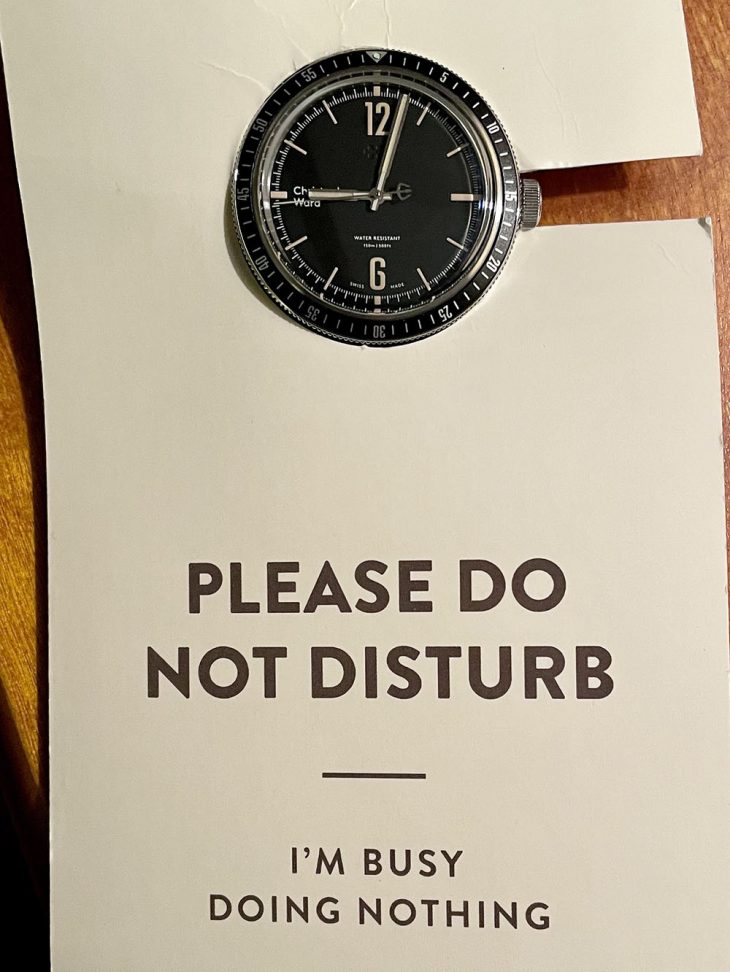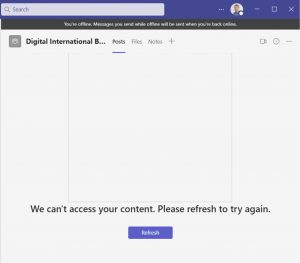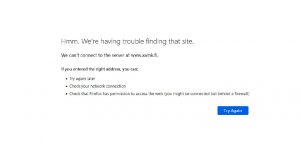
Staying connected in a digital world
Vol 25, Issue 07, 04 November 2022
Are we too reliant on our digital networks? What happens if we cannot connect to the Internet for some reason? Do we accept it and give up until a time that our connections start to work again? This is an important consideration for today’s remote working and studying lifestyle.
Back to work on Monday morning after the autumn break was just like any other Monday, except for one noticeable thing, the campus network was down. No internet connections neither physical nor wireless were available. Although not a common occurrence, it has happened in the past and has mostly been a short break. However, this offline session stretched well into lunchtime and then beyond. This meant that both staff and students were disconnected from all systems, with no access to Learn, Teams, or One Drive for example. Although mobile networks were not affected if one had a good data connection from their service provider, those that did not were then immediately at a disadvantage. Add to this trying to teach through Teams whilst showing videos, webpages, using online software and constantly needing to access and save files to the cloud, all though a restricted mobile connection, meant that the quality was immediately impaired – if not impossible.

So how do businesses manage when networks fail when everything they do relies on being connected to the Internet? How do remote workers connect if their home network goes down? This is a major challenge for businesses today. Remote workers are told to use their office provided smartphones if they have connection issues, but this is not always a convenient way to work. The number of mobile network users immediately slows down the network connections, and when working in Teams or using cloud services for file access, this can lead to a frustrating time and a potential loss of data, and then there are of course security concerns for those normally relying on secure networks for their work but suddenly having to use unsecure mobile devices to keep connected.

With data being constantly synchronised between devices and cloud services, the need for faster and more dependable networks is ever increasing. The communications infrastructure we rely on today, the Internet, is dependent on the hardware that was laid down over a century ago – physical telephone lines and cables. Although in some places satellite communications are being used, mostly we depend on updating antiquated systems through repairs or replacements. Many existing copper-shielded cables are being replaced with more up-to-date fiber-optics, but it is still a vulnerable physical cable. Even though our mobile devices are not physically plugged into anything for them to operate, our mobile networks do rely on physical hardware to get the signal in and out. In today’s society of heavy network usage, dropped connections, network overloads, and the threat of cyber-attacks, we have the constant possibility of disconnection. We need to be constantly thinking of backing up data in several ways for the times when we do not have normal access.

There will of course come a time when a new method of “connection” will be developed or a new form of network will appear – I am sure there are many scientists already working on this (let’s see if Elon Musk has anything up his sleeve after taking over Twitter) – but until then we are still relying on our current, fragile, infrastructure. What we must remember is that digitalisation can assist in our lives and in many ways we feel we cannot live without it – so will our race die out if the internet fails? Of course not, but we would certainly have to maybe learn to live in a very different way than we do today, and for digital natives that is going to be a steep learning curve. For businesses that rely on network connectivity to carry out even the most simple of tasks, they will need to rethink their whole strategies. In education, those studying through distance/online classes, no Internet connection will mean losing out, and the “digital divide” will grow even larger.
- IBSEN meeting November 2025 – Split, Croatia - 12th December 2025
- Wondering where to get lunch in Kouvola town? - 5th December 2025
- IBSEN Realgame – an international ERP/SCM experience for students - 28th November 2025
